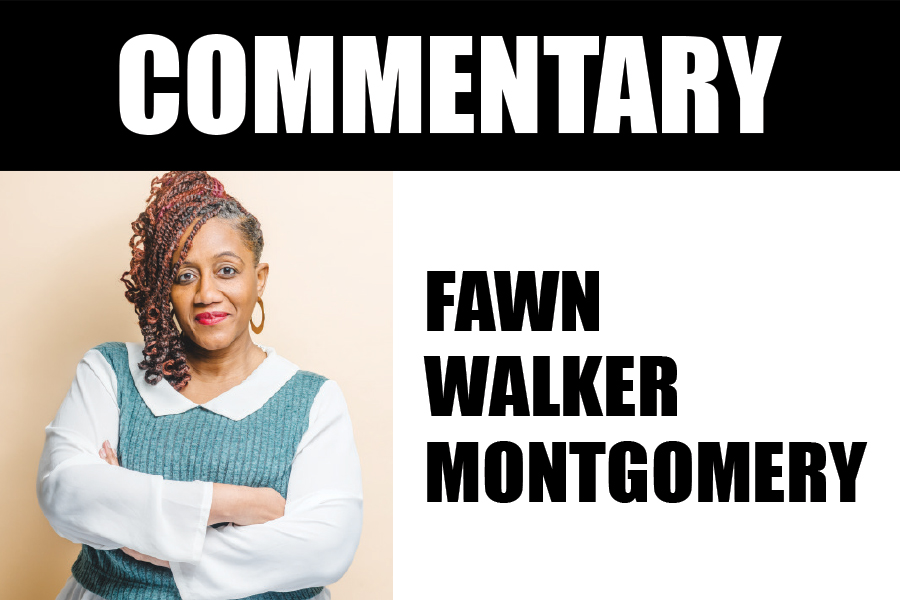Like many of you, I saw the movie, “Sinners.” Before watching, I heard discussions about African spirituality, hoodoo, and the Yoruba tradition. Personally, I thought this was beautiful—Black people talking about their traditional spirituality. As a new hoodoo practitioner, it was also healing to see myself represented on the screen. Overall, it was an amazing movie that evokes a collective shift in Black people’s consciousness. Therefore, we should all be talking about it, and we should also be open to others’ points of view. Black people are not a monolith, and we don’t all think alike. I saw some people getting attacked online for having different perspectives on the film. Black people can disagree in public about principles; that’s how we learn and grow!

Throughout the movie I noticed a few themes. Specifically, unlearning White supremacy, abolition, revolutionary thought, the ancestors, and the idea of freedom. Regarding unlearning, I observed a battle between the main characters. Smoke was more conscious and often wrestled with this throughout the movie. He didn’t fully recognize it, but wearing the mojo bag and making offerings to your ancestors is a part of hoodoo. Stack didn’t do that and at times was overly focused on the financial gain from owning the juke joint. Not that this is a terrible thing, it’s important not to let it be your sole focus. This thinking was different from their family’s devout Christian beliefs. You see this even more with Smoke’s decision to be with Mary, a hoodoo practitioner. Additionally, there is a scene that visually connects Black culture across generations. To me this points out what we’ve unlearned and how far we’ve drifted from our traditional roots. There were also elements of abolition and racial injustice.
This comes up with the juke joint. While the concept was capitalist, they had good intentions to make money for their family—to create a community where people could just be. Mary also used different money than Smoke and sold her herbs out of her store to the people in the community. She understood that the medicine and religion offered by Western culture didn’t align with her African roots.
In the scene where they ride past the chain gang, the group falls silent as the elder shares a traumatic story about White people weaponizing the system against them. This reminded me of riding past the jail and thinking of those I know inside. Chain gangs involved forcing Black men to labor in tasks like fixing roads, while chained together. Throughout the movie, there are also multiple references to elders and ancestors.
For instance, the main character’s father was abusive, which created a close bond between them. Toward the end, it’s revealed that the guitar that saved Sammie belonged to their father (Sammie’s uncle). Before using it, Sammie recited the Lord’s Prayer, which prompted a vampire to say, “You believe those lies those men told you,” leading the other vampires to join in reciting it. Typically, the Lord’s Prayer would “save the day,” but in this case, it was the ancestors who played that role. This idea has a revolutionary theme i.e., that true Black liberation means living freely without the constraints of whiteness.
Additionally, this is also connected to how the film talks about freedom. It suggests that this is not connected to wealth, but rather about community connections. The movie challenges our perceptions of faith and racism, while highlighting the connection our ancestors have had on our past, present, and future.